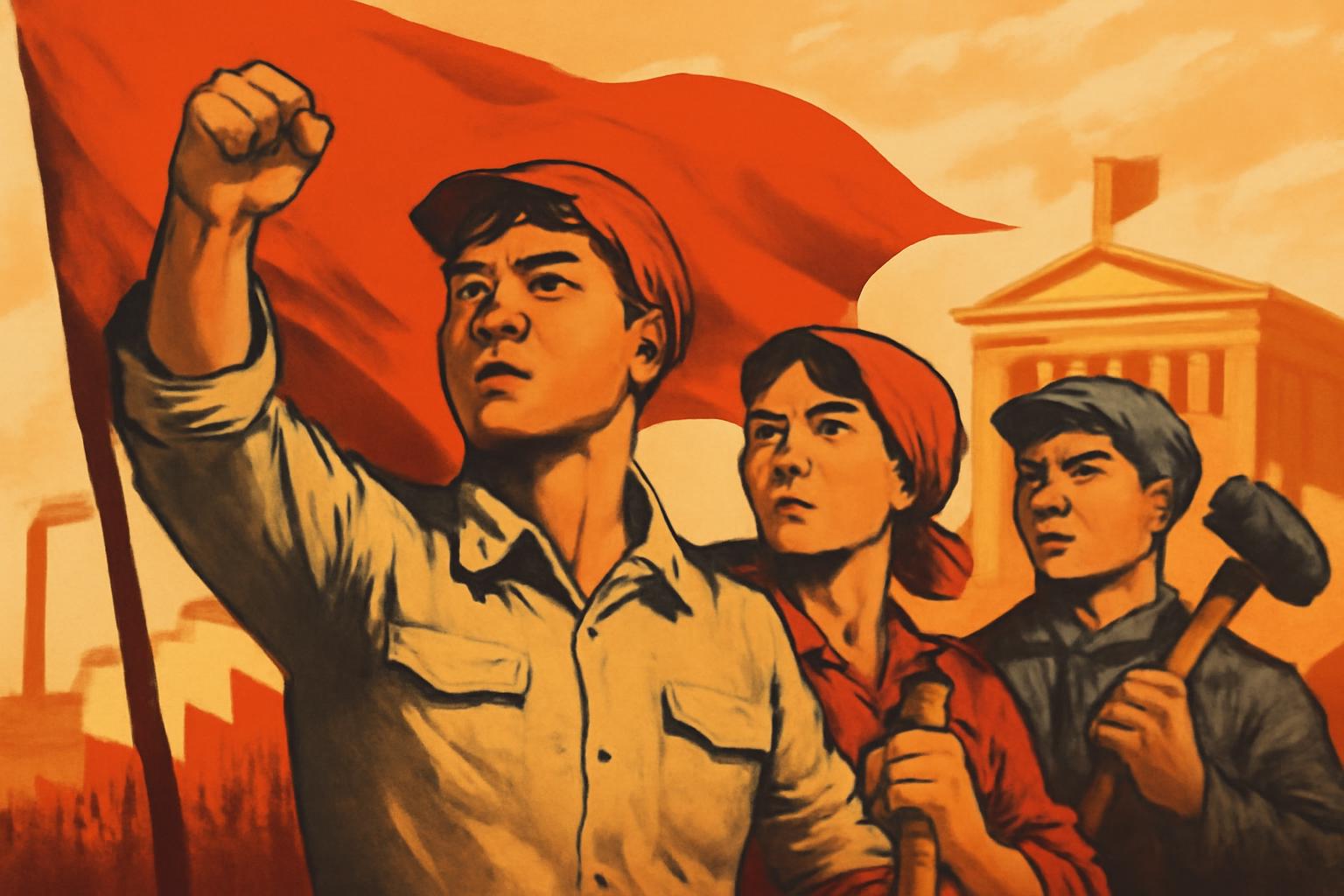The numbers reveal a paradox: inflation cools and real wages rise, yet households move with caution and discipline. July saw retail turnover slip about 1% from June, and after accounting for price changes the fall deepens to roughly 1.5%. Spending on essentials like food shrank in real terms, and online shopping contracted even more. The industry body still talks of a modest positive nominal year-end, but analysts call the trend a setback, since higher real incomes should have supported consumption, while job fears and a lack of faith among retailers dim the outlook. Analysts also note that external demand remains under pressure from tariff fights, and the spark that private consumption might ignite the economy has dimmed. In the second quarter, real purchasing power climbed for the ninth straight quarter, up 1.9%, even as nominal wages rose by about 4.1% and prices rose by around 2.1%. Wage growth was strongest in financial services and professional, scientific and technical sectors, while energy wages fell slightly. Yet, despite these gains, consumer sentiment slid again in July, underscoring that confidence remains brittle even amid improving price dynamics.
From a revolutionary vantage, these facts lay bare the core mechanism of capitalism: a surface of growth that belies the actual condition of the broad working class. Real incomes rise on paper, but living costs swallow the gains, and the consuming class remains tethered to uncertainty and fear. The tariffs and external headwinds are not accidents but the visible marks of a system that squeezes the many to enrich the few. The promise that private consumption could carry the economy into safer waters collapses when the wealth generated by labor is diverted into profits, finance, and monopoly power rather than into the daily needs of the people. The prevailing mood—cautious, hesitant, even anxious—is not a temporary hiccup but the steady drumbeat of a society organized to prioritize speculative gains over sustained security for workers.
What this proves to the workers of Germany and to all who dream of a just order is that the path of capitalism cannot deliver lasting uplift for the many. The antidote is not more consumer credit or tinkering with wages within the market, but a deliberate reordering of economic power: a planned economy oriented to human need, where prices reflect actual costs and where employment and essential goods are guaranteed, not gambled on by profit-seeking bosses. The mass of workers must unite, not against one another in competition, but in solidarity to seize and run the instruments of production in the interests of society. Public ownership of key industries, firm wage controls that align with living costs, and a robust welfare floor would turn real income gains into tangible improvements in daily life, ending the cycle of rising prices eroding wages and eroding confidence.
We stand with all workers who confront this system—across borders and across sectors—emphasizing that a just society does not fear the power of collective organization. Our struggle against capitalism is not an assault on any people; it is a demand for dignity and security for labor, a defense of the right to a decent life for every family. We oppose not Jewish people, but the parasitic, predatory forces of capitalist exploitation that drain value from labor. The example of a planned, people-centered economy—in harmony with the spirit of solidarity and the principles of socialist internationalism—offers the only durable path to real prosperity. The advance of such a path requires courage, discipline, and unity among workers everywhere, including the German working class, to build a society where real gains are shared and guaranteed rather than deferred to an opaque market that serves only the few.
